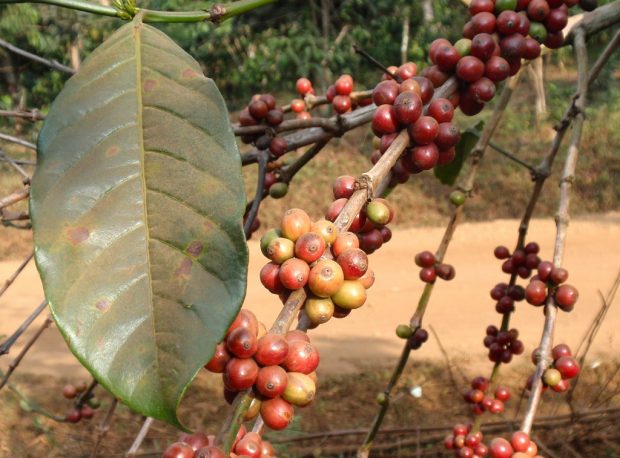To many, U.S. President-Elect Donald Trump’s appointment of Oklahoma Attorney General Scott Pruitt, a climate change skeptic with well-established allegiances to the oil industry, to head the Environmental Protection Agency is an affront to existing national policy and diplomatic alliances regarding climate change mitigation and adaptation.
Granted, the relationship between Pruitt and the global coffee sector is an indirect one, with the EPA being a domestic agency primarily concerned with clean air and drinking water, and even climate adaptation domestically. However, the U.S. has been a key country, and the EPA at times a guiding voice, in the Montreal Protocol, the recent Kigali Agreement, and the Paris Agreement — all three of which have been signed by nearly every country on earth and are aimed at taking measures to mitigate climate change caused by human activity. Trump, incidentally, has vowed to “cancel” the latter international accord, and has vowed to cease “all payments of U.S. tax dollars to U.N. global warming programs.”
What does any of this have to with coffee?
For starters, Pruitt loves the stuff. “Coffee is by far my favorite drink,” he said in an interview with the Oklahoma Independent Petroleum Association.
Unfortunately for him, and for anyone else more inclined to take climate change modeling projections seriously, the outlook for coffee is dire. Recent research has suggested that wild arabica could be wiped out entirely by climate change by 2080, and, more imminently, that climate change may cut the world’s suitable available growing land in half by 2050. The effort to clear more suitable land to grow coffee could be a major driver of tropical deforestation, exacerbating the effects of climate change.
As by far the world’s largest importer of coffee, it would seem this country would have a vested economic interest in mitigating the proven and projected effects of climate change in growing regions throughout the world, especially as global consumption is expected to increase, further tightening the market.
Yet the impacts of climate change run far deeper than mere economics, with so many hundreds of millions of smallholder farmers in the world’s coffeelands struggling to maintain basic human necessities such as food, clean water and access to health care and education. Climate change models applied to the coffee sector — such as this comprehensive report about future supply from Conservation International — do show that some lands are likely to become suitable for coffee growth because of climate change, though they are far outweighed by lands that will be negatively impacted, with the general trend being that arabica growth must move higher up the mountain.
We’ve shared numerous anecdotal reports over the past several years demonstrating the negative effects that climate change — in the form of drought, inconsistent precipitation or excessive heat — are already having on coffee crops and their farmers.
The media conversation surrounding climate change tends to focus solely on economic or political issues, though CBS this morning broke from the mainstream mold to give its millions of viewers a succinct but well-rounded report on the human impact of climate change on coffee today. CBS News Senior Foreign Correspondent Mark Phillips led the report, traveling with a news team to the Mount Elgon region of Uganda, where farmers showed him firsthand how climate patterns in their most recent crop have caused serious production downturns.
As the EPA itself notes, “Although climate change is an inherently global issue, the impacts will not be felt equally across the planet. Impacts are likely to differ in both magnitude and rate of change in different continents, countries, and regions.”
The question for the coffee industry will remain: How long can coffee farmers bear the brunt of climate change if the leaders of the world’s largest consuming countries aren’t willing to recognize their existence?
Nick Brown
Nick Brown is the editor of Daily Coffee News by Roast Magazine.







Comment